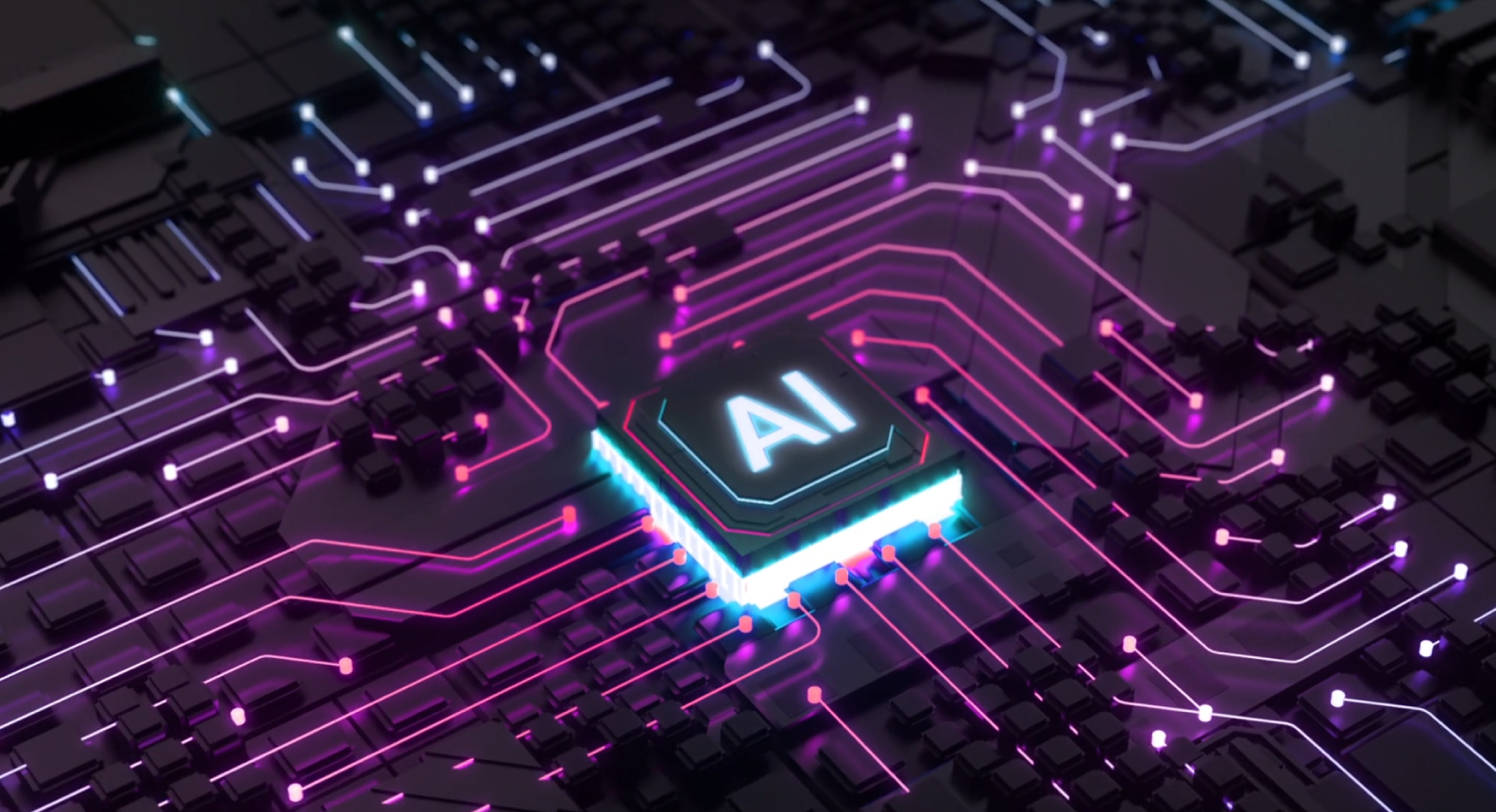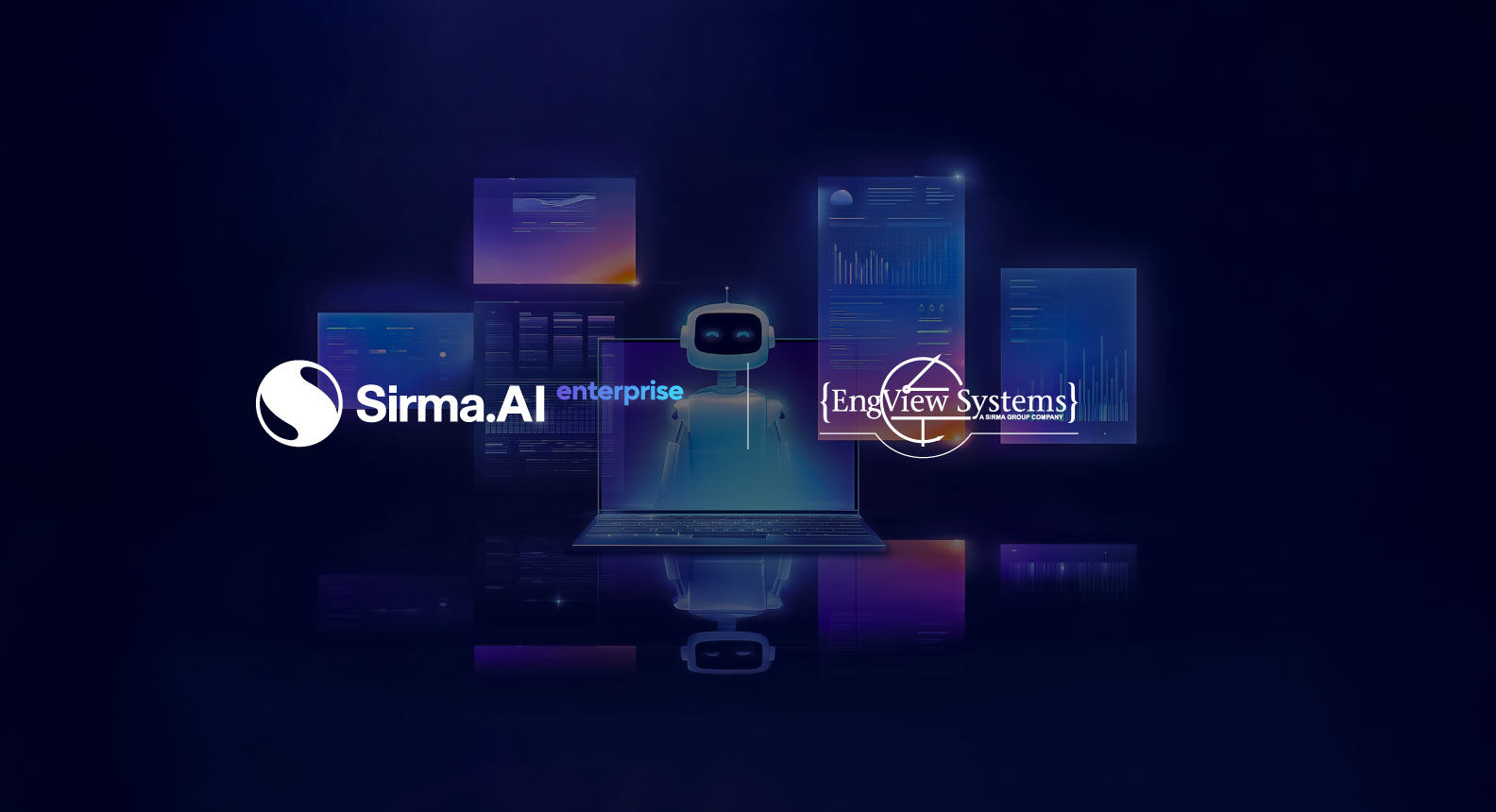What if your software development team built complex applications in half the time without compromising quality, security, or creativity? What if your marketing team had twice the capacity for strategic initiatives, and your product development and operations continuously benefited from automating routine tasks?
In 2025, this is no longer hypothetical. From eliminating repetitive coding to content writing to automating workflows, AI is redefining what is possible. Innovative tools like GitHub Copilot and ChatGPT are not just assisting developers — they’re rethinking how development happens. For a forward-thinking company like Sirma, established in 1992 as Sirma AI, harnessing AI’s potential has been part of our DNA. Thus, our software development teams not only build AI-driven solutions but also explore cutting-edge programming technologies, including AI for coding.
How GenAI is transforming software development
AI-assisted coding has transformed how software is delivered. Due to its potential to be implemented at various stages of the software development cycle, it has automated routine coding tasks, helped with debugging, and optimized testing, to name a few. No surprise, software development has been defined as the first enterprise function to be fundamentally reshaped by AI due to the perfect blend of structure, feedback, and data (Deloitte).
However, how does this work in practice? Let’s explore a real-world example of how AI-assisted coding helps engineering teams.
GitHub Copilot, developed by GitHub and OpenAI, is a prominent example of AI’s impact on software development. Integrated with tools like Visual Studio Code and JetBrains, it understands code context and generates lines or functions in real time. Copilot empowers developers to work more quickly and efficiently by eliminating the need to write repetitive boilerplate code. In fact, GitHub reports that developers using Copilot complete tasks 55% faster, especially benefiting junior developers, while experienced engineers enjoy enhanced focus and speed.
Many analysts agree that AI’s impact goes beyond coding. In a recent article, McKinsey identifies five critical shifts for the software development product life cycle. These include: 1) significantly faster time to market; 2) products deliver customer value much sooner; 3) more good ideas see the light of day; 4) the idea of product managers as “mini-CEOs” finally comes to fruition; and 5) quality, risk, compliance, and accessibility are addressed in parallel with coding and building.
At Sirma, staying ahead of the curve by adopting new technologies has always been part of our development strategy. The strategic integration of AI tools like ChatGPT and Copilot has significantly enhanced our workflows. More importantly, our developers — equipped with deep technological and industry expertise — now spend more time solving real-world business problems and less time writing repetitive code. That means our clients benefit from faster delivery, more strategic solutions, and increased innovation.
From Code to Value: Bridging the Gap
Sirma’s perspective on AI-assisted coding was front and center at GITEX Europe, one of Europe’s premier technology events held from May 21st to 23rd, 2025, in Berlin, where Sirma’s Sales Director, Ivelin Parvanov, joined a Fireside Chat to explore the topic: “From AI to ROI: AI Writes Code, but Who Keeps Your Business Running at Scale?”
According to Parvanov, there are great AI tools that speed up the development of software products. However, “the belief that one can build a software product only with the help of an AI system is false. AI may enable the building of an MVP or a prototype. Still, at the current technological stage, one also needs an experienced software team to obtain a fully working system.“ And also, “The external technology partner not only helps eliminate numerous bugs, but in many cases advises them (clients) on how to build the system architecture…, and often gives good ideas for future product development.”
The discussion revealed that although AI is accelerating product development, many companies fail when they try to scale with it. One of the main reasons for this is, for example, underestimating the complexity of building an appropriate software architecture to ensure proper scalability. Frequent bugs that cannot be resolved with AI alone, as well as security issues, are other pain points worth bringing to the fore.
Further, many AI-native startups struggle when moving from MVPs to scalable products, as small software development teams often cannot address all requirements or set up the system infrastructure solely with AI. Building a demo is fast; building a reliable, scalable system is hard. Another hurdle is that although AI may be useful for junior developers who easily transition to mid-level roles through continuous AI feedback, they can hardly progress to senior roles by relying on AI-assisted coding only. Therefore, experienced and qualified software teams are key to making the project a success.
Finally, the modern software development process requires all three components: AI tools, internal product knowledge, and proven software vendors, who often act as the missing link in the equation. The involvement of the software vendor is essential. Therefore, the best moment for attracting its expertise is at the beginning of the project or when aiming to scale up because then the demand for skilled software engineers and domain experts is critical. With experienced software vendors like Sirma, such businesses may scale both via new software teams and technologically (if they need to change their technology stack, for example).
Redefining the Developer’s Role
With AI automating so many technical tasks, it’s fair to ask: What happens to the developer’s role? Contrary to fears about replacement, AI is elevating developers rather than displacing them.
AI can accelerate engineering tasks, but doesn’t replace human judgment, context, and experience required to build and scale great products. The role of software developers is evolving — from coding executors to strategic orchestrators of intelligent systems. With tools like Chat GPT and Copilot, developers can focus more on architecture, user experience, performance, and aligning tech with business outcomes, which is vital for tailored software development.
In fact, a 2024 GitHub survey revealed that teams using AI tools could ship features twice as fast and reported higher engagement and less burnout. Over 60% of developers said they felt more fulfilled at work thanks to AI tools reducing repetitive tasks and giving them more time to do meaningful work.
Conclusion
In 2025, AI-assisted coding has evolved beyond a passing trend—it has become a transformative force in software development. Applying it to practice and delivering a software system that meets the client’s expectations has always depended on more than mastering the tools alone.
For modern organizations like Sirma, empowering teams to focus on strategic goals, innovation, and customer impact is essential. However, while AI tools offer significant advantages, they also have inherent limitations. Overcoming them demands a proper strategy based on a solid technological backbone, deep industry knowledge, and proven sector experience.


